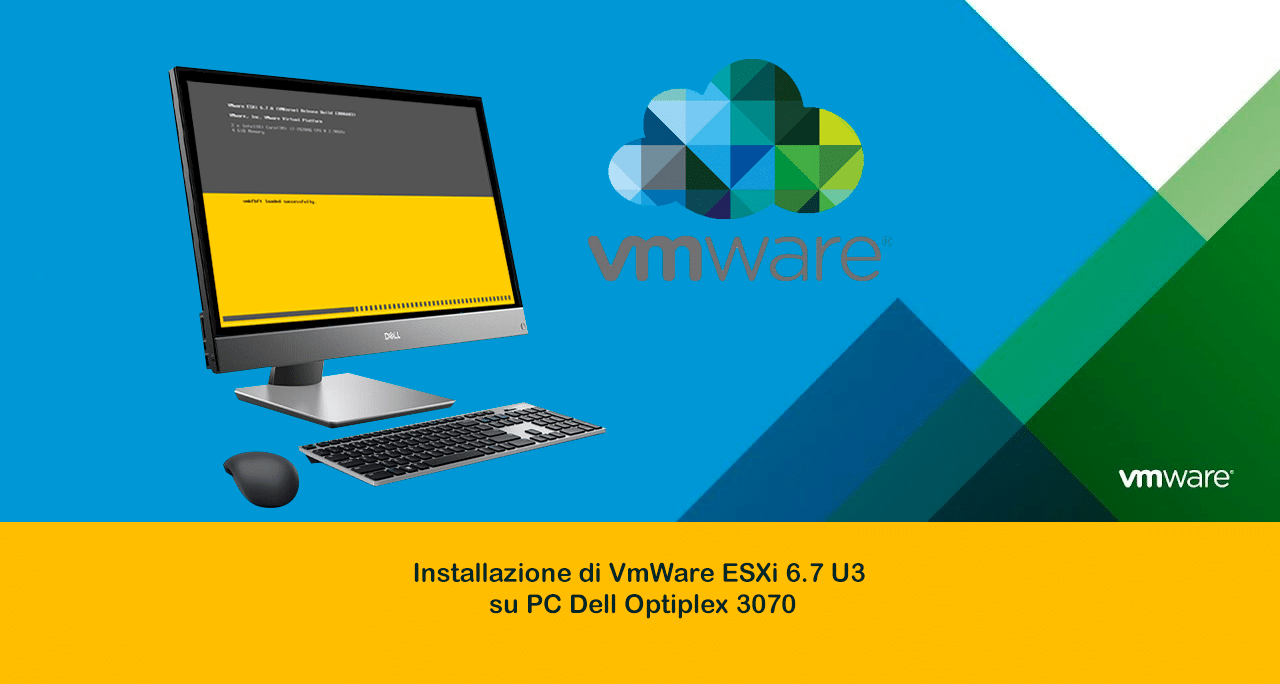

Now that we have the vCenter Server upgraded to 6.7, we can now start upgrading hosts to ESXi 6.7. Managing Host and Cluster Lifecycle documentation.In the previous post, we took a look at how to Upgrade vSphere 6.0 to 6.7 – vCenter Server VCSA. For more information about performing orchestrated installations, upgrades, and updates, see the VSphere Lifecycle Manager enables centralized and simplified lifecycle management for multipleĮSXi hosts at a cluster level. VSphere Lifecycle Manager vSphere Lifecycle Manager is a vCenter Server service for installing, upgrading, and updatingĮSXi hosts.

Using vSphere Auto Deploy to Reprovision Hosts. Such profile contains anĮSXi upgrade or patch, a host configuration profile, and optionally, third-party drivers or management agents that are provided by VMware partners. VSphere Auto Deploy to reprovision the host and reboot it with a new image profile. Upgrading Hosts by Using ESXCLI Commands. Installing or Upgrading Hosts by Using a Script. This method is an efficient way to deploy multiple hosts. To do a scripted upgrade, you can use theĮSXi 7.0 installer from a CD, DVD, or USB flash drive or by network booting the installer. The installer also gives you the option to migrate some existing host settings and configuration files and to preserve the existing

If during the installation process, you select a target disk that contains anĮSXi installation, the installer upgrades the host toħ.0.

This method is appropriate for deployments with a few hosts. You can upgrade interactively by using anĮSXi installer ISO image on a CD, DVD, or USB flash drive or by network booting the installer. If the ESXi host is deployed by using vSphere Auto Deploy, you can use vSphere Auto Deploy to reprovision the host with a 7.0 image.


 0 kommentar(er)
0 kommentar(er)
